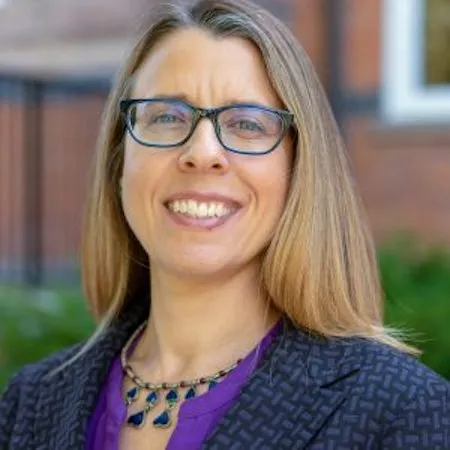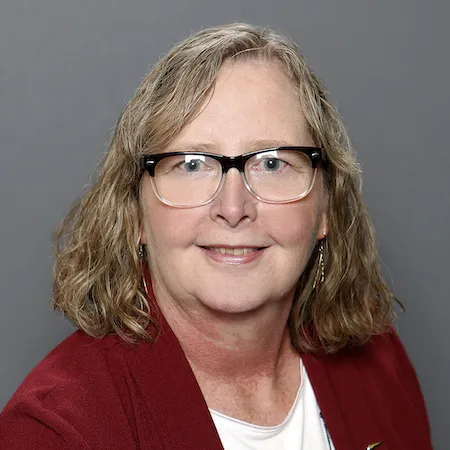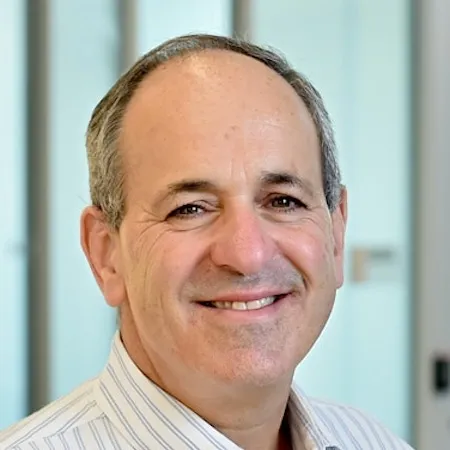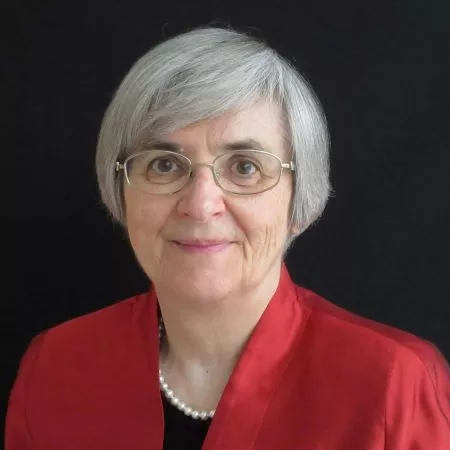This is a closed workshop designed for SESYNC Postdoctoral Fellows.
The Immersion Program centers around a series of collaborative workshops led by Immersion Distinguished Scholars. These workshops are designed to immerse participants in theories and methods foundational to understanding current environmental challenges and their underlying socio-environmental systems.
Presenters

Marisa Rinkus
Marisa Rinkus is a Postdoctoral Fellow in Michigan State University's (MSU's) Department of Philosophy. Marisa earned her PhD and MS in Fisheries and Wildlife, with a Human Dimensions focus and specializations in International Development and Gender, Justice, and Environmental Change from Michigan State University. She is part of the Toolbox Dialogue Initiative (TDI), an MSU Department of Philosophy-based initiative that uses philosophical concepts and methods to facilitate communication and collaboration in cross-disciplinary projects. Her interest in this initiative lies in the...

Marisa Rinkus
Marisa Rinkus is a Postdoctoral Fellow in Michigan State University's (MSU's) Department of Philosophy. Marisa earned her PhD and MS in Fisheries and Wildlife, with a Human Dimensions focus and specializations in International Development and Gender, Justice, and Environmental Change from Michigan State University. She is part of the Toolbox Dialogue Initiative (TDI), an MSU Department of Philosophy-based initiative that uses philosophical concepts and methods to facilitate communication and collaboration in cross-disciplinary projects. Her interest in this initiative lies in the acknowledgement of scientific research as a human endeavor and the importance of communication and collaboration in pushing knowledge production forward. Marisa hopes to apply insights from the TDI process to improve communication and collaboration among diverse stakeholders in conversation research and natural resources management.

Deana Pennington
Dr. Deana Pennington, Associate Professor in Geological Sciences at the University of Texas at El Paso, is a physical geographer with cross training in learning sciences. Her research focuses on how changes in climate and land structure impact surface processes such as water, wildfire, dust emissions, and biodiversity, especially focused on geospatial approaches to analyzing land change and socio-environmental systems. These studies have dictated that she also gain expertise in knowledge integration and synthesis in interdisciplinary teamwork, and emerging technologies for science, including...

Deana Pennington
Dr. Deana Pennington, Associate Professor in Geological Sciences at the University of Texas at El Paso, is a physical geographer with cross training in learning sciences. Her research focuses on how changes in climate and land structure impact surface processes such as water, wildfire, dust emissions, and biodiversity, especially focused on geospatial approaches to analyzing land change and socio-environmental systems. These studies have dictated that she also gain expertise in knowledge integration and synthesis in interdisciplinary teamwork, and emerging technologies for science, including cyberinfrastructure and informatics approaches. Hence, most of her work is at the boundaries between socio-environmental science, interdisciplinary teamwork, and emerging technologies. The Immersion Program centers around a series of collaborative workshops led by Immersion Distinguished Scholars. These workshops are designed to immerse participants in theories and methods foundational to understanding current environmental challenges and their underlying socio-environmental systems.

Peter Groffman
Dr. Peter Groffman's research focuses on microbial processes in an ecosystem context. His objectives are to gain insight into 1) the role that microorganisms play in ecosystem functions related to nutrient cycling, water and air quality and soil carbon storage and 2) environmental regulation of microbes. Developing conceptual and practical ecosystem contexts for this work has required a large number of study sites and strong collaborations with other scientists.

Peter Groffman
Dr. Peter Groffman's research focuses on microbial processes in an ecosystem context. His objectives are to gain insight into 1) the role that microorganisms play in ecosystem functions related to nutrient cycling, water and air quality and soil carbon storage and 2) environmental regulation of microbes. Developing conceptual and practical ecosystem contexts for this work has required a large number of study sites and strong collaborations with other scientists.
Gabriele Bammer
Dr. Gabriele Bammer is Professor of Integration and Implementation Sciences (i2S) at the Australian National University (ANU) in the National Centre for Epidemiology and Population Health. From 2015-2018, she led the theme of SESYNC research projects, Building Resources for Complex, Action-Oriented Team Science with Jon Kramer. She was also the Principal Investigator of the SESYNC Workshop Interdisciplinary Organizations. This led to the establishment of the Network of Interdisciplinary and Transdisciplinary Research Organisations (NITRO)-Oceania, a network of leaders of interdisciplinary and...
Gabriele Bammer
Dr. Gabriele Bammer is Professor of Integration and Implementation Sciences (i2S) at the Australian National University (ANU) in the National Centre for Epidemiology and Population Health. From 2015-2018, she led the theme of SESYNC research projects, Building Resources for Complex, Action-Oriented Team Science with Jon Kramer. She was also the Principal Investigator of the SESYNC Workshop Interdisciplinary Organizations. This led to the establishment of the Network of Interdisciplinary and Transdisciplinary Research Organisations (NITRO)-Oceania, a network of leaders of interdisciplinary and transdisciplinary research organizations in the Oceania region. Gabriele’s focus is developing the new discipline of Integration and Implementation Sciences (i2S) to improve research strengths for tackling complex real-world problems through synthesis of disciplinary and stakeholder knowledge, understanding and managing diverse unknowns and providing integrated research support for policy and practice change (see i2s.anu.edu.au and http://i2Insights.org). She looks at applications in population health, environment, and security. She is also an ANU Public Policy Fellow, is an inaugural Fulbright New Century Scholar alumna, and has held visiting appointments at Harvard University’s John F. Kennedy School of Government (2001—2014) and the Institute for Advanced Sustainability Studies in Potsdam, Germany (2019-2020), along with short-term appointments at ETH-Zurich in Switzerland and the Universitaet fuer Bodenkultur in Vienna, Austria.
External Links:
https://researchers.anu.edu.au/researchers/bammer-g
https://i2s.anu.edu.au
https://i2Insights.org
https://www.linkedin.com/pub/gabriele-bammer/63/299/5aa
https://www.youtube.com/user/i2sTalks
